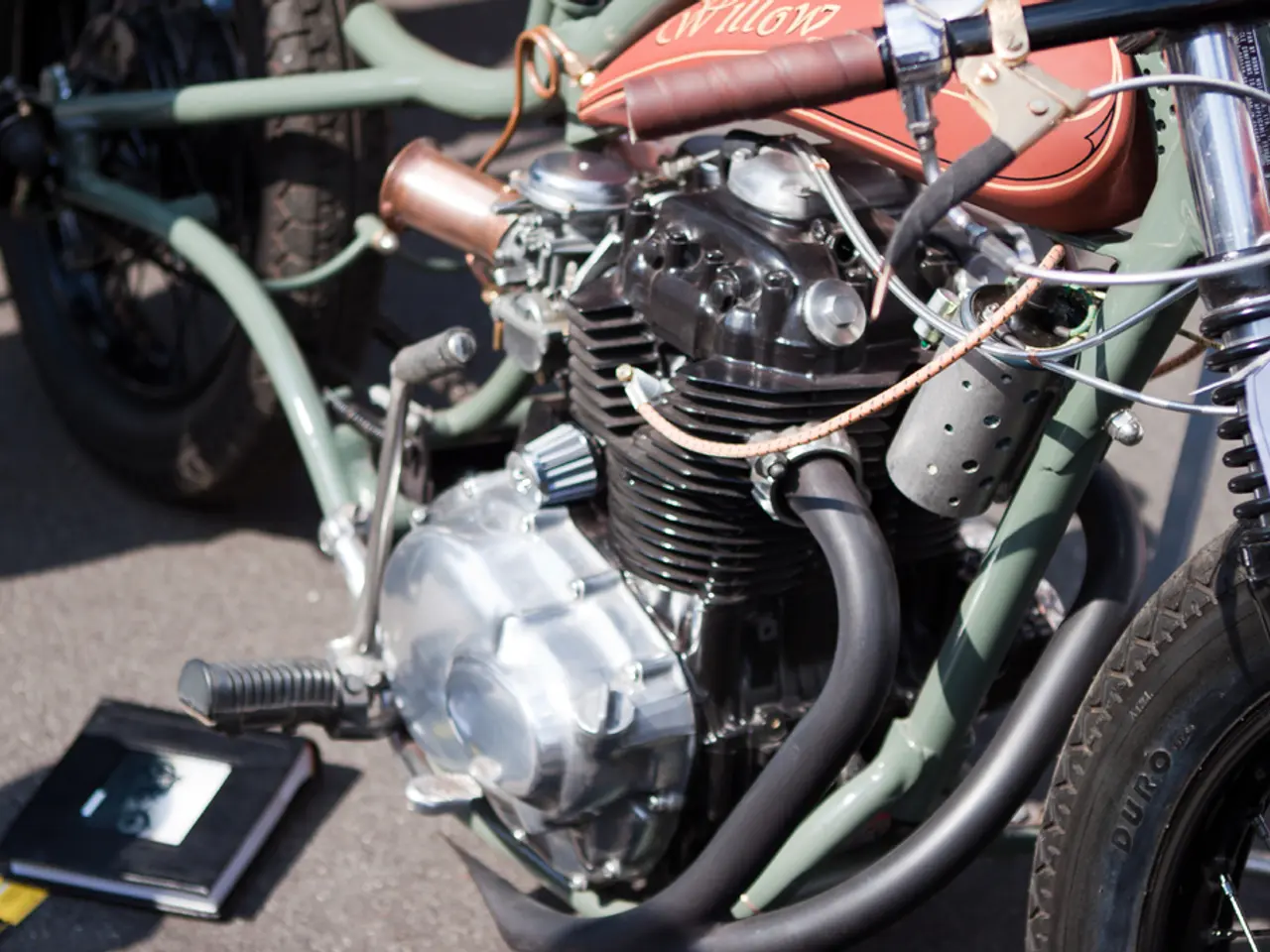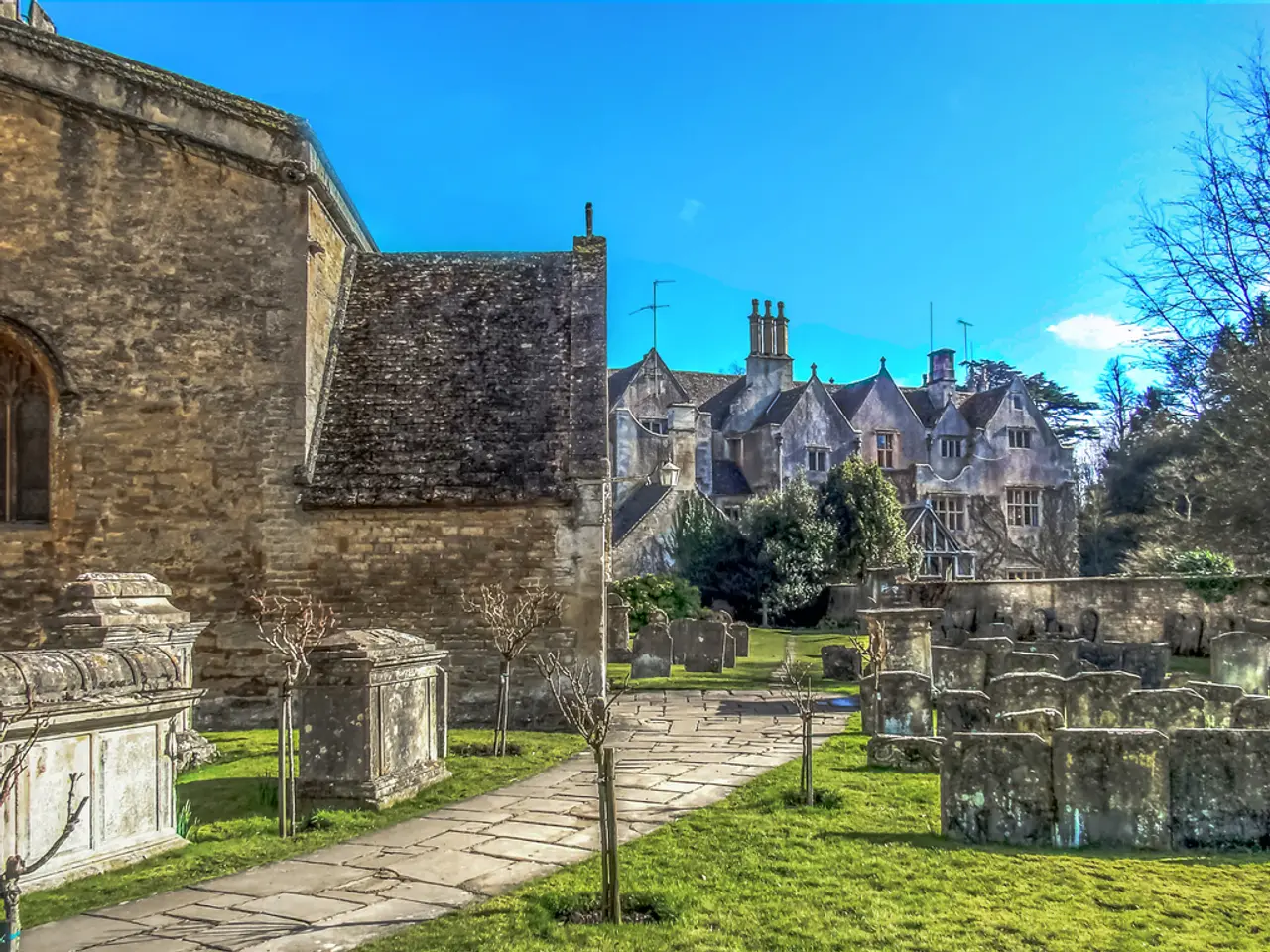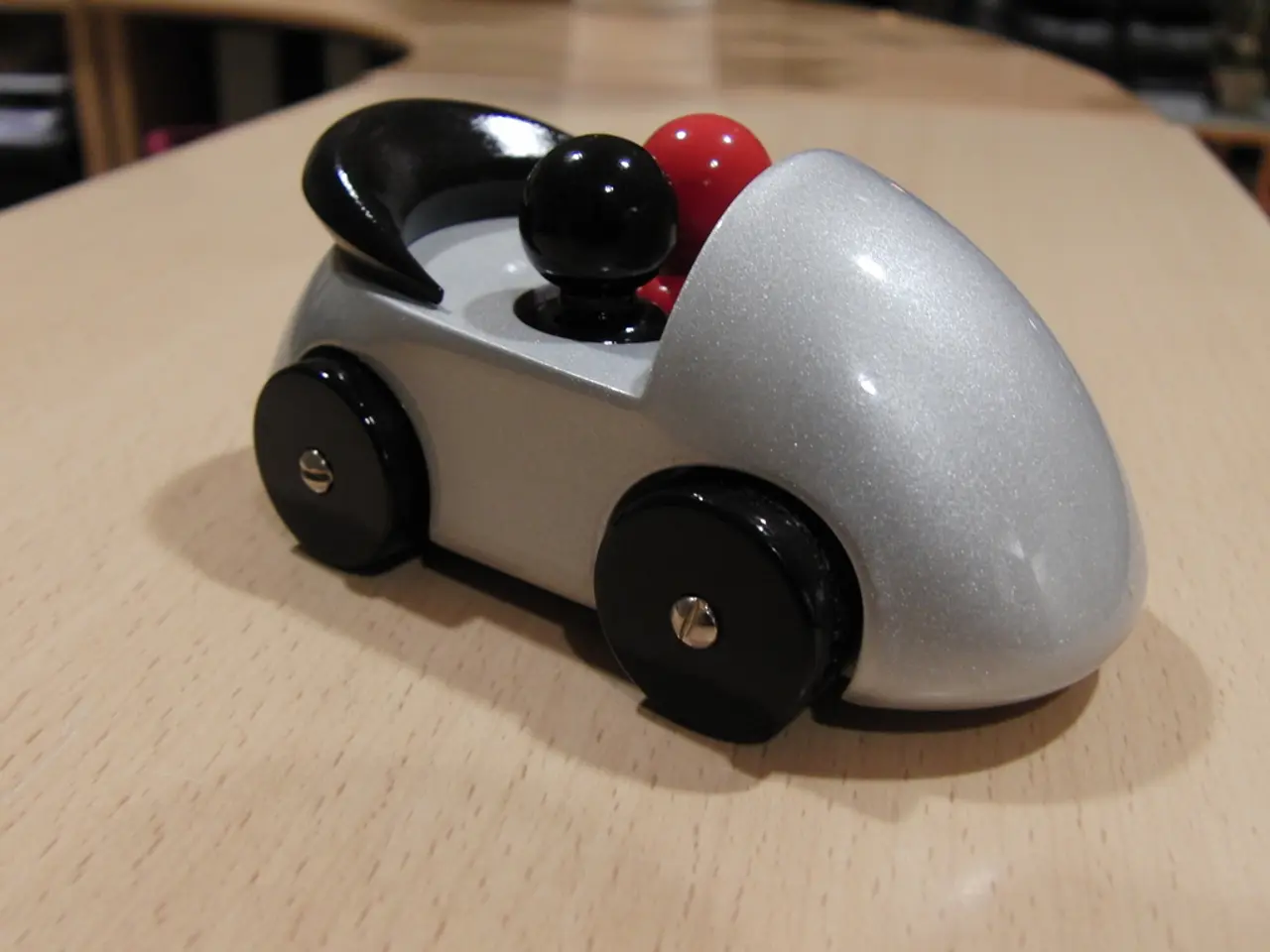Essential Information to Consider Before Buying a Motorcycle
Buying a motorcycle is an exciting yet significant decision that requires careful consideration. To help you make the right choice, we've compiled a list of essential factors to keep in mind during the buying process.
**1. Identify Your Riding Style and Preferred Motorcycle Type**
Motorcycles come in various shapes and sizes, each designed for specific purposes. Common styles include cruisers, sport bikes, touring bikes, and adventure or dual-sport bikes. Understanding your intended use—whether it's city commuting, weekend cruising, sport riding, or long-distance touring—will help narrow your options at the dealership.
**2. Choose a Bike That Fits Your Comfort Needs**
Finding a bike that fits your body size and comfort requirements is crucial. Seat height, bike weight, and riding position all affect comfort and control, especially for beginners or shorter riders. Comfort is also essential to avoid fatigue and prevent aches over longer rides.
**3. Set and Understand Your Budget**
Besides the purchase price, budget for additional costs such as sales tax, registration, dealer fees, motorcycle insurance, safety gear, maintenance, and immediate servicing. Deciding early if you want a new or used bike will impact upfront and future costs significantly.
**4. Research and Factor in Insurance**
Insurance is a significant ongoing expense, with rates depending on the motorcycle type, engine size, rider experience, and location. It's important to get insurance quotes early to factor this into your total ownership cost.
**5. Stay Informed About Trends and Reviews**
Look into current motorcycle trends, such as advancements in comfort, technology, and safety features. Use resources like forums, social media groups, and owner reviews to learn about the long-term reliability and performance of different models before deciding.
**6. Consider Installing a Dashboard Camera**
Though not always standard or required, dashboard cameras (dashcams) are gaining popularity for added security and evidence in case of accidents or theft. Including one can be a valuable safety and monitoring tool, especially if you ride in traffic-heavy or risky areas.
**7. Prepare for Negotiation**
When buying from dealerships, be ready to negotiate the price and ask about extras such as warranties, free servicing, or accessories. Being knowledgeable about the bike’s market value and your budget helps you get the best deal.
**8. Prioritize Safety Gear**
Never underestimate the importance of quality safety gear. Beyond a DOT or Snell-certified helmet, invest in abrasion-resistant jackets, gloves, and boots designed for motorcycling. Good gear enhances protection during an accident and increases rider confidence.
In summary, the key is to align the bike choice with your intended use and comfort, understand the full cost including insurance and gear, research thoroughly about models and trends, consider useful safety technology like dashcams, and be prepared to negotiate your purchase. Prioritizing safety through proper gear rounds out a smart, well-informed motorcycle buying process.
It's also worth noting that the growth of turbocharged motorcycles is expanding, offering higher power and improved gas mileage. Additionally, after a motorbike accident, one has up to three years to make a claim, according to Gama Law Firm LLC.
- Balancing your lifestyle doesn't end with the choice of motorcycle; consider other passions such as home-and-garden, sports, or even sports-betting, and factor in time for hobbies alongside your motorcycle adventures.
- After securing a motorcycle, don't forget about shopping for essentials like a helmet or protective gear; compare brands and materials to find high-quality safety gear that fits comfortably while reflecting your style and preferences.




